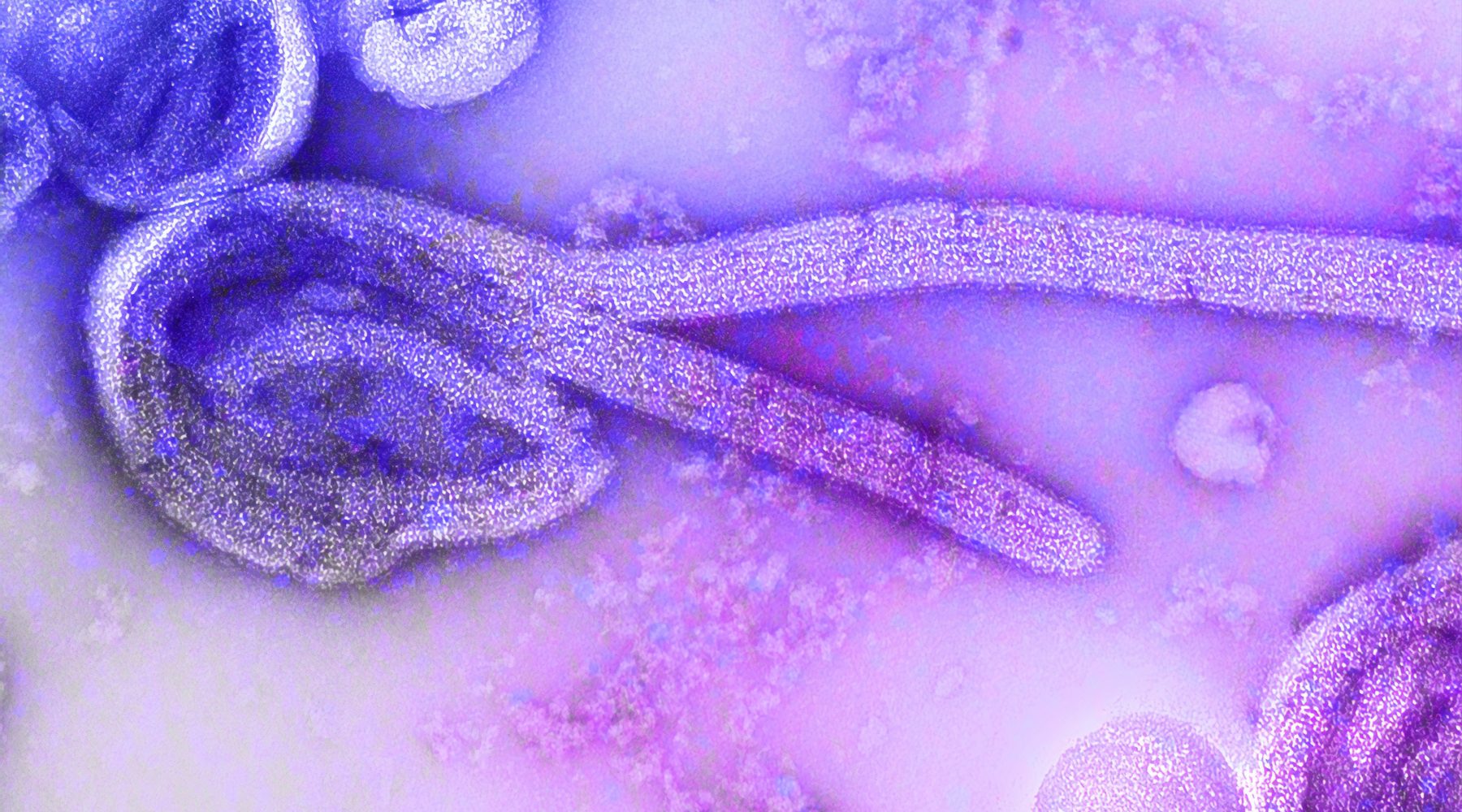WA Government issues warning following increase in cryptosporidiosis notifications

The Western Australian Department of Health has issued a warning of interest to the early childhood education and care (ECEC) sector following a “substantial increase” in cryptosporidiosis notifications.
Cryptosporidiosis is a diarrhoeal disease caused by a parasitic infection of the intestine, which is easily spread from person-to-person via swimming pools, waterparks, interactive fountains, and spas. The most common symptoms include diarrhoea, stomach cramps and sometimes fever, nausea and vomiting.
While people at greatest risk of contracting the disease are those who may ingest water from contaminated swimming pools/water bodies, the Department noted that the organism may also be transmitted within households and childcare facilities.
Cases of the illness are substantially higher than in previous years, with 195 cases reported to the Department since 1 January 2020, compared to an average of 63 cases for the same period in the previous five years.
As a result, the Department is preaching caution in high traffic areas such as parks with water features, which ECEC services may use whilst in the community. The highest rate of infection is in children under five and most cases occurred in the Perth metropolitan area. As only a small proportion of people who contract the parasite are tested for it by a doctor, many cases are likely unreported.
There is no specific treatment for the condition and symptoms may last a few weeks in some people. Although most illness is mild and self-limiting, certain groups are more at risk of severe illness if infected, including younger children, pregnant women and individuals with weakened immune systems.
After exposure, a spokesperson said, it can take up to 12 days to develop symptoms. Individuals are potentially infectious from the onset of symptoms until two weeks after becoming asymptomatic.
The Department’s key priority, they added, is the prevention of further cases through hygiene measures at pools, childcare facilities and in household settings where there are cases. The Department is also working with pool managers to ensure effective measures are in place to address the issue.
As well as avoiding shared water spaces for two weeks following a period of illness, the Department recommended the following measures:
- wash hands thoroughly for 15 seconds with soap and running water after using the toilet, changing nappies, and before preparing or handling food or drinks
- avoid swallowing or putting pool or spa water in your mouth
- take children on regular bathroom breaks when using shared spaces
- ensure children who are not toilet-trained are wearing appropriate swimming nappies or waterproof tight-fitting pants over swimmers
- wash children thoroughly (especially on the bottom) with soap and water before going swimming
- wash children’s hands with soap and water after changing a child’s nappy.
Those with concerns about symptoms should contact their GP. More information about cryptosporidiosis is available on the HealthyWA website.
Popular

Quality
Practice
Provider
Research
ECEC in focus - Una Springwood’s intergenerational initiative brings young and old together through connection and care
2025-06-30 10:00:45
by Contributed Content

Provider
Practice
Quality
Research
Aboriginal Education Strategy drives early learning and school success in South Australia
2025-07-01 09:55:12
by Fiona Alston

Workforce
Policy
Quality
Research
Inclusive Practice Framework set to strengthen inclusion in early childhood settings
2025-06-24 11:37:00
by Isabella Southwell












